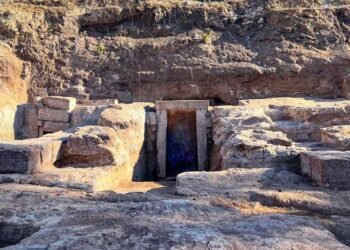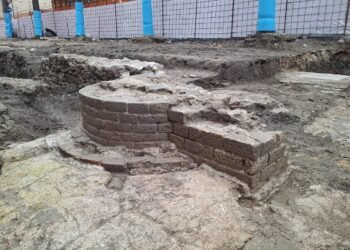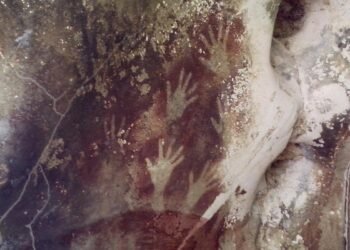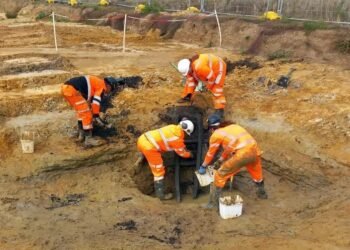Archaeologists from the Royal Agricultural University (RAU) are embarking on a mission to unearth the secrets of Whitecross Manor, an Elizabethan residence nestled in what is now Lydney’s Dean Academy playing fields. Led by Professor Mark Horton, the RAU’s Pro Vice-Chancellor Research and Enterprise, the team aims to delve into the rich history of the manor, which was erected in the 1570s for Admiral Sir William Wyntour, an English mariner and landowner.

The manor’s story is intertwined with the illustrious exploits of Sir Francis Drake, as Wyntour was a key sponsor of Drake’s famed circumnavigation voyage between 1577 and 1580.
However, the manor’s fate took a dramatic turn during the tumultuous years of the English Civil War, culminating in its destruction by fire in 1645 by Sir John Wyntour to prevent its capture by Parliamentarian forces.
Professor Horton and his team are employing cutting-edge techniques such as ground penetrating radar and magnetometry surveys to map the buried remnants of Whitecross Manor’s walls and outbuildings. Their efforts are not limited to the physical domain; they seek to understand the strategic fortifications erected around the manor’s gardens and walls during the Civil War.
Despite previous investigations in the 1970s, 1980s, and briefly in 2003, many early discoveries from the site have been dispersed over time, leaving scant records of past archaeological endeavors. The team is reaching out to the local community, including former Whitecross School students who participated in prior excavations, in hopes of unearthing lost artifacts.
Professor Horton said: “To help us reconstruct what was there as best we can, we are very keen to track down any objects that may have been found all those years ago.” He added, “Perhaps people have photographs they took at the time which they might be able to share with us?”
One notable aspect of Whitecross Manor’s history is its connection to Edward Swarthe, a black servant whose presence in the household sheds light on early instances of diversity in Tudor England. A court case from 1597 recounts Swarthe’s punishment in the manor’s Great Hall.
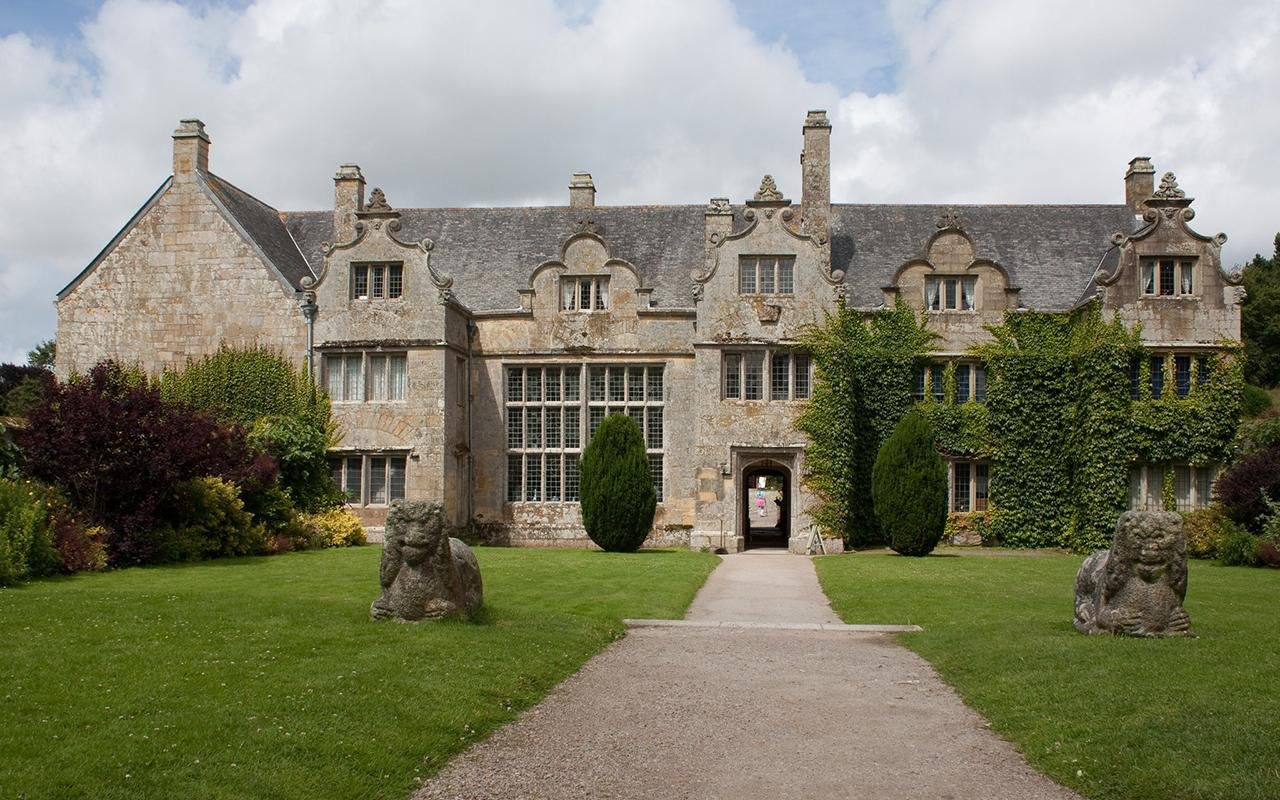
Richard Brand, Headteacher of the Dean Academy, expressed enthusiasm for the archaeological endeavor, highlighting its educational value for students and the opportunity to collaborate with academia on unraveling historical mysteries beneath the school’s grounds.
Dr. Roger Deeks, Vice Lord Lieutenant of Gloucestershire, said: “The investigation by Professor Mark Horton and colleagues from RAU has triggered interest in a seminal period of one hundred years in Forest history which connects the Lydney locality to the Caribbean, wars with Spain and its forgotten maritime history.”




